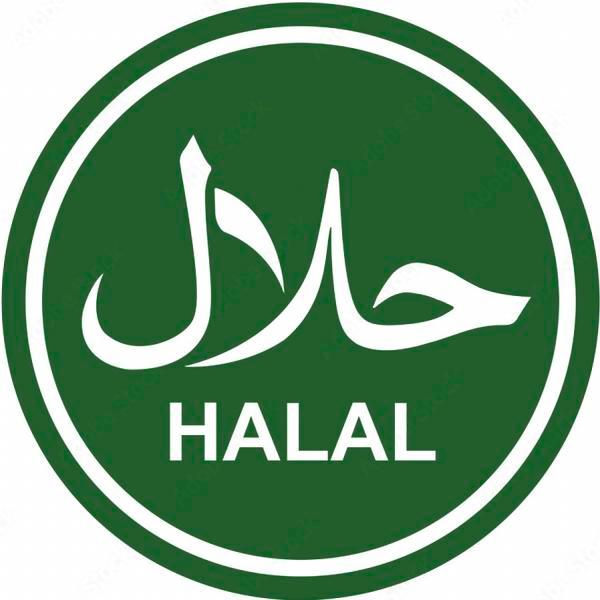KUALA LUMPUR: A recent proposal by the Malaysian Islamic Consumer Association (PPIM) to have colour-coded halal logos is unnecessary, said the Department of Islamic Development Malaysia (Jakim).
“A single halal logo provides clarity, convenience and uniformity among Muslim and non-Muslim consumers and businesses, so there is no need for multiple, colour-coded ones,” its spokesman said.
PPIM has called for halal logos to be classified into several types according to colour, such as green for companies owned by Muslims, orange for companies owned by Muslims in partnership with non-Muslims, and red for companies owned by non-Muslims.
It first made its proposal on social media in July 2020, before the matter went viral again recently on TikTok and X.
In a statement to theSun, the Halal Management Division said while Jakim maintains that colour coding of halal logos is unnecessary, it does not oppose PPIM’s proposal, adding that it is more important to maintain a rigorous and consistent halal certification system.
“Jakim assesses each stage of the halal process to ensure strict compliance with Islamic principles, hygiene standards and specific requirements.
“As a federal government agency that administers Islamic affairs in the country, our halal certification is recognised locally and abroad.”
The spokesman said Jakim acknowledges that PPIM’s suggestion promotes Muslim products and recognises it as a commendable endeavour to foster economic growth among Muslim entrepreneurs, adding that it also encourages the use of products and services produced by them.
“However, the government through Jakim and the State Islamic Religious Council have created and implemented an integrated halal assessment mechanism.
“The halal industry can use different coloured logos that match the colour of the packaging used for each product.
“Companies must also ensure that the logo specifications meet the criteria set under clause 17(6)j of the Malaysian Halal Certification Procedure Manual (Domestic) 2020.
“The division hopes the issue of multiple logos will come to an end. We call on consumers to trust our procedures and management of halal certification.
“Jakim has also received ISO/IEC 17065 accreditation from the Standard and Industrial Research Institute of Malaysia, so our procedures are implemented strictly.”
International Islamic University Malaysia Political Science Department head Assoc Prof Dr Syaza Shukri said a single halal logo is sufficient for the halal industry.
“This proposal could have negative consequences because, from a religious perspective, halal is halal, and there is no need for colour-coded logos based on the ownership of the companies.
“A single, universally recognised halal logo is more beneficial and sufficient for consumers and businesses.”
She said matters like this could unnecessarily escalate and cause consumer confusion, potential divisions within the Muslim community and the alienation of non-Muslim consumers.
“The proposal to have multiple halal logos could create unnecessary complexity and undermine the unity and inclusivity of the halal marketplace.
“For no reason, it would plant the idea that Muslims and non-Muslims cannot shop at the same venue in the country.
“It could also come to a point at which it is no longer about the halal certification but a question of segregation by race,” she said.









